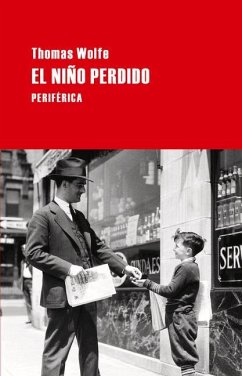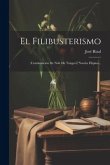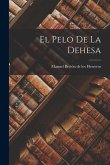It's 1904, the St. Louis World's Fair is in full swing, and the Wolfe family has traveled from Asheville to offer lodging for their neighbors visiting the fair. The family is soon consumed with the search for its lost son, a 12-year-old of extraordinary sensitivity and maturity. Against the backdrop of provincial America, Thomas Wolfe constructs a novel as beautiful as it is intense and evocative. Estamos en 1904, en la época de la Exposición Universal celebrada en Saint Louis. La familia Wolfe se ha trasladado desde Asheville y ha abierto aquí un pequeño alojamiento para los vecinos de su lejana ciudad natal que visitan la Exposición. Grover Wolfe tiene sólo doce años, pero, según dicen todos, una sensibilidad y una madurez extraordinarias... He aquí uno de los textos más hermosos de la literatura norteamericana del siglo xx: la búsqueda del «niño perdido', del hermano muerto. Una historia, en cuatro tiempos, contada por uno de los grandes narradores de los años treinta: Thomas Wolfe, quien construye, con telón de fondo de esa América provinciana que aún hoy nos fascina, una novela tan bella como intensa, perfecta en su estructura e inigualable en su poder de evocación.
Bitte wählen Sie Ihr Anliegen aus.
Rechnungen
Retourenschein anfordern
Bestellstatus
Storno








